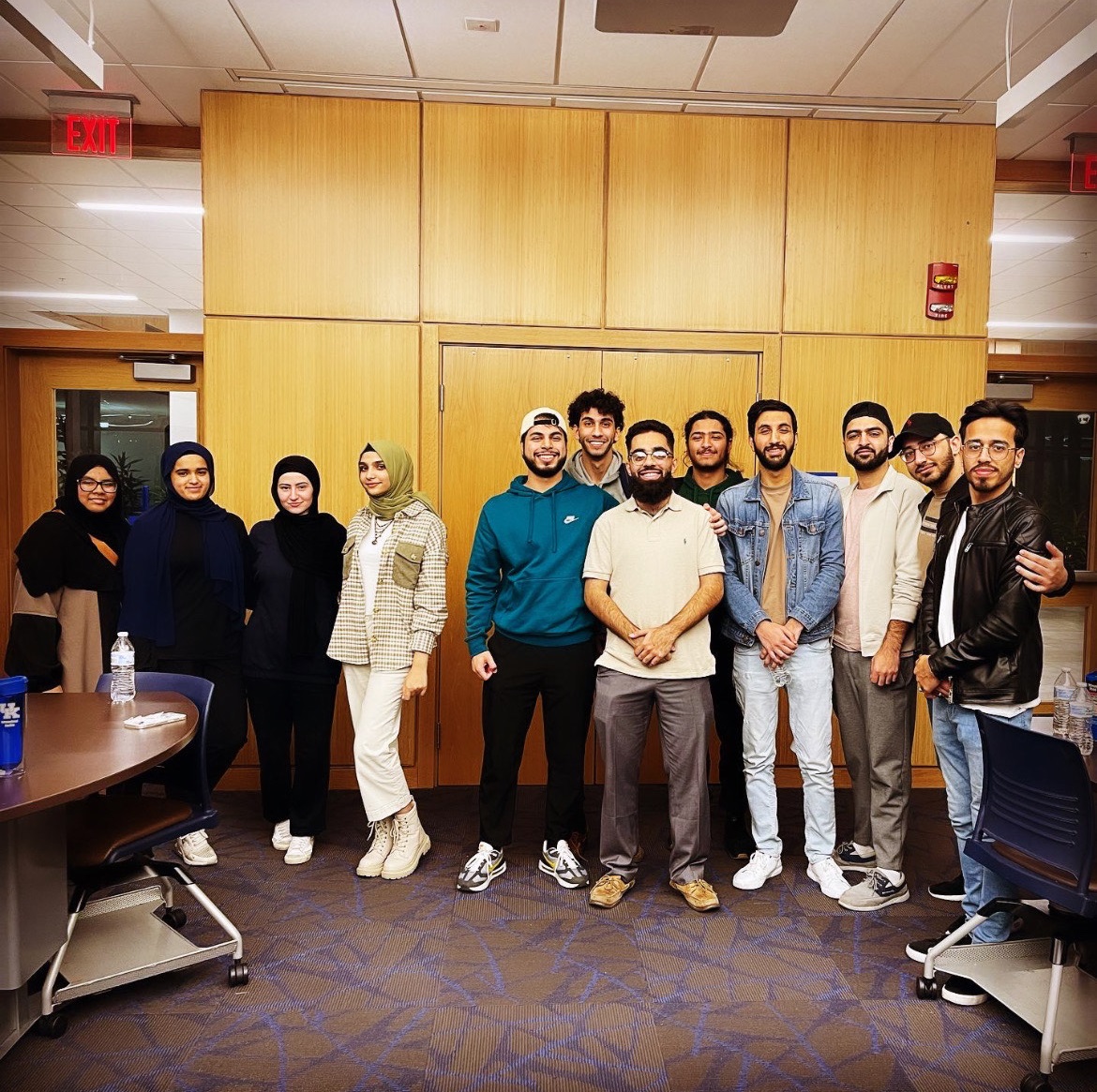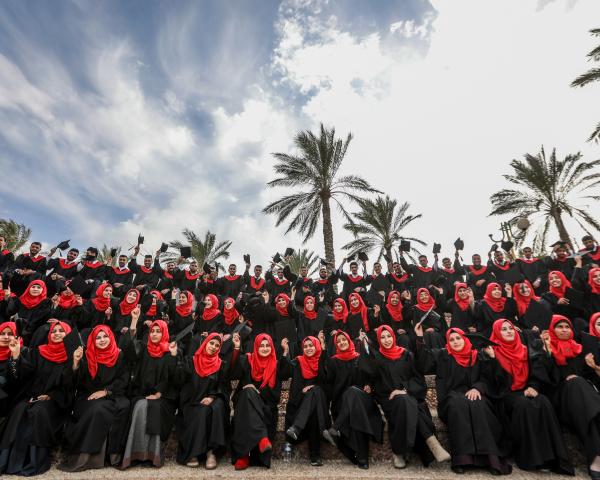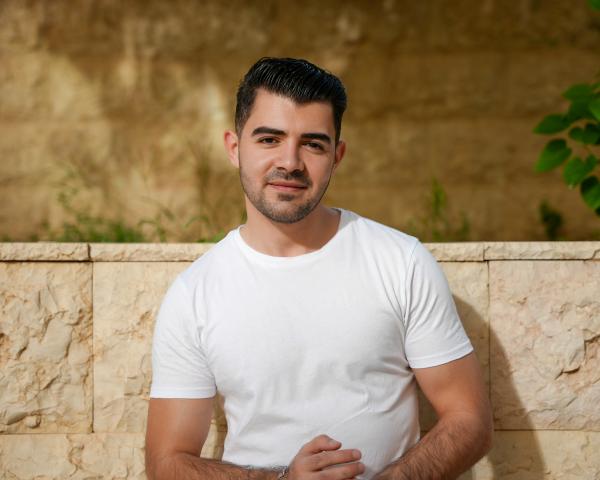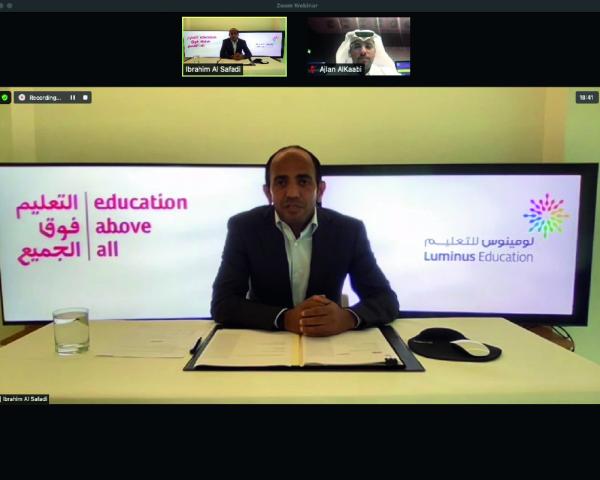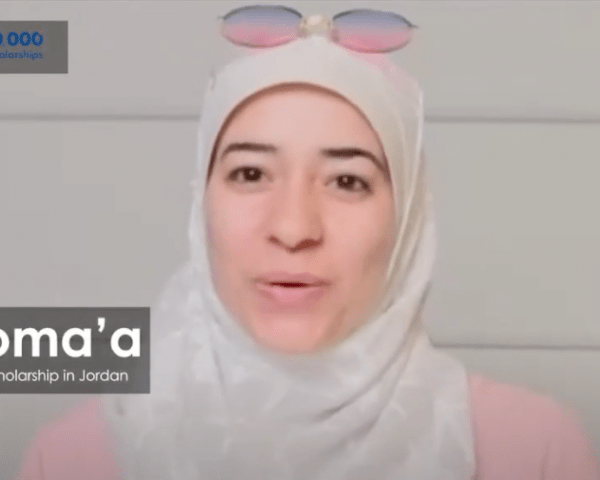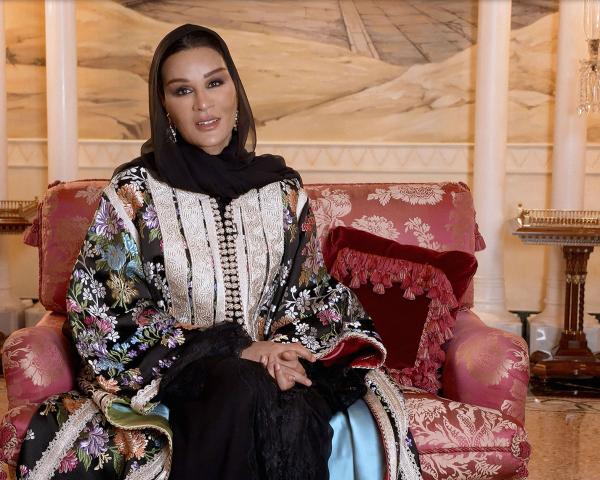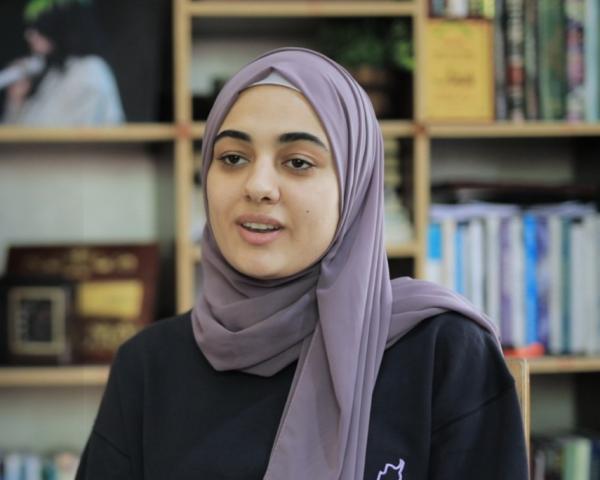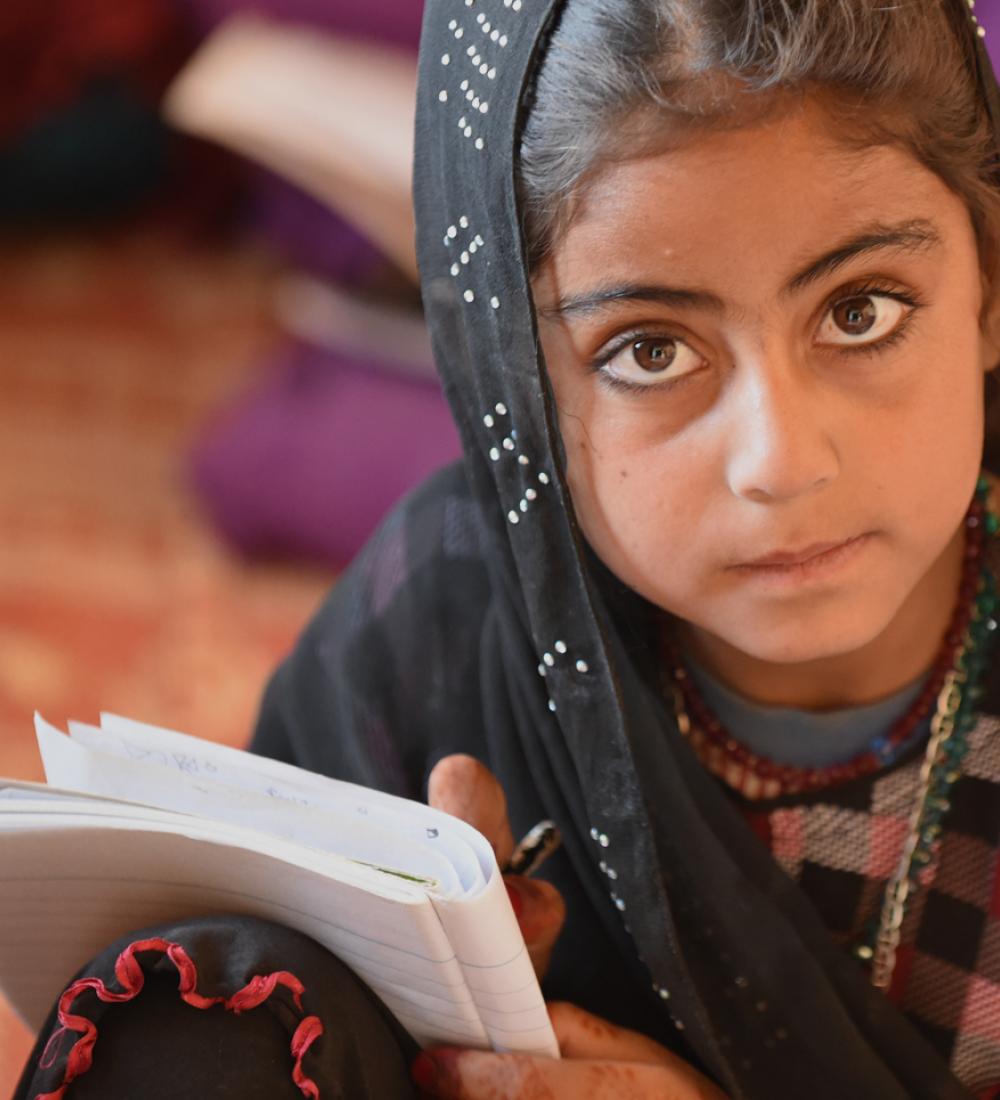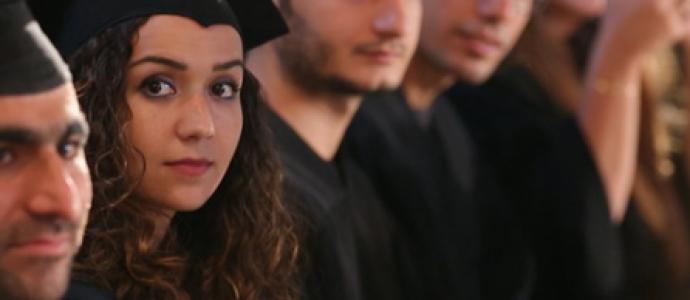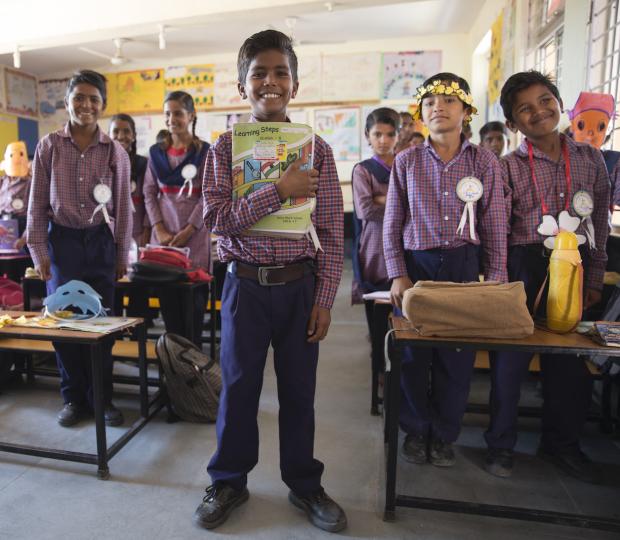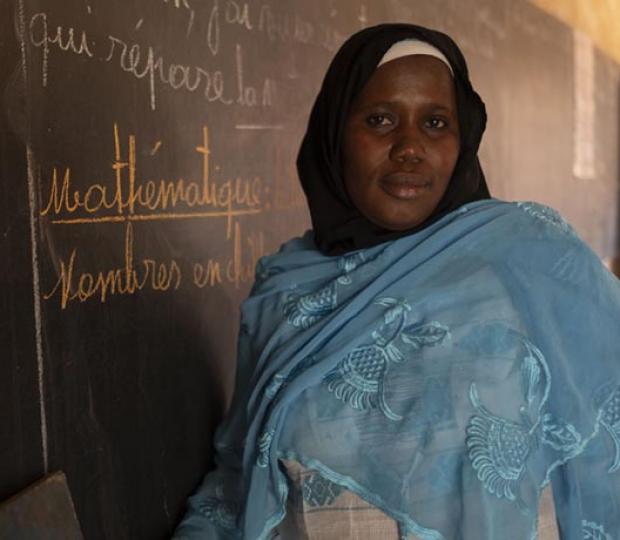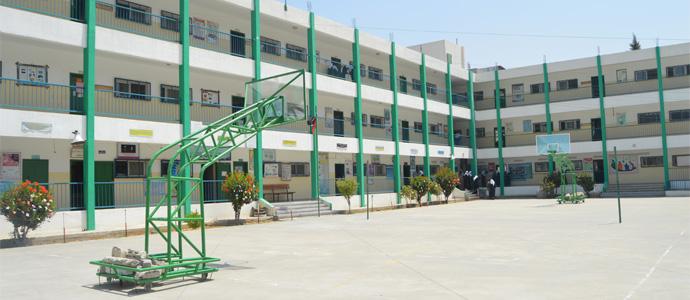A sense of responsibility
We are still buzzing with this opportunity. Not only the chance to study, but also to make new connections and learn new skills like creative thinking and entrepreneurship. We helped create a network of like-minded Afghan and international students.
When we came together, we came up with a social enterprise concept called Sahara Brand, a venture that will provide the latest products to local creators in Kurdistan, Iraq and Afghanistan.
It is challenging to support Afghanistan due to the many issues the country faces, but we want to help those back home to have dignified work and income. We, and our fellow QSAP students, also feel a deep sense of responsibility to contribute to the development of education in our homeland.
We are committed to facilitating better and improved access to education in Afghanistan, particularly for Afghan women. We view education as a significant tool for empowerment and progress.
In the words of Fahad Al-Sulaiti, CEO of the Education Above All Foundation: “High quality education creates opportunities for a sustainable future.”
We will try to live up to this promise and hope you will keep doing more to help others like us.
Our message to colleges and universities is this: find sustainable and creative ways to accommodate and support displaced students like us. We’re grateful to our own host universities, Rutgers University New Brunswick and Indiana University Bloomington, and the other 38 institutions that have opened their doors to QSAP students.
Now we want to see this opportunity extended to all students who cannot continue their education in their homeland. Not just for their benefit, but for everyone’s. As Jonathan Becker, vice-chancellor of the Open Society University Network, told us: “This is not charity. Our entire student body benefits from the presence of displaced students on campus.”
A message to young people
With horror we have seen the recent events unfolding in Gaza and Sudan. It’s so hard to watch, because we know what it’s like to grow up surrounded by war and fear. Our advice to the young people in Gaza, and young people around the world affected by conflict, is this: ‘Hold on to hope. Keep seeking alternative learning paths and connect with support networks. Remain resilient, and never give up on your dreams.’
We are due to graduate from our degrees, in political science and environmentally sustainable studies, in 2025. Like any new graduates, we don’t know exactly what the future holds for us. But we do know that our aspirations can flourish despite the challenges we have faced.
School has been our bridge – from turmoil to optimism. It’s a tragedy that only 7% of young people like us get to cross that bridge. Now it’s our job to build bridges for the other 93%, too.
Yosuf Ayni is majoring in political science at Rutgers University New Brunswick, United States. Shafiqa Mogul is majoring in environmentally sustainable studies at Indiana University Bloomington, United States.















